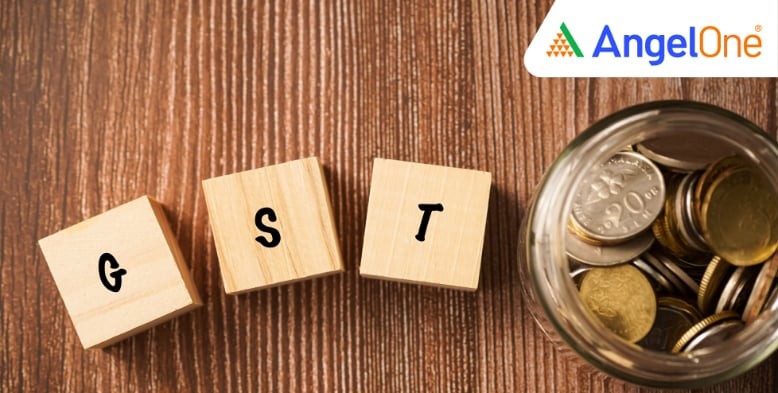
Starting September 22, 2025, India will witness significant Goods and Services Tax (GST) rate reductions and exemptions, following key decisions made by the GST Council. These changes, officially notified through CBIC circulars and rate notifications, are aimed at streamlining the GST framework, resolving anomalies, and enhancing compliance efficiency for both businesses and consumers.
To help stakeholders navigate this transition smoothly, here’s a comprehensive FAQ covering the revised GST rates, exemptions, ITC treatment, invoicing, and compliance norms under the new structure.
GST (Goods and Services Tax) is a unified indirect tax on the supply of goods and services in India. It replaced multiple levies such as excise duty, VAT, and service tax to create a single, integrated market.
The revised GST rates come into effect from 22 September 2025, based on the recommendations of the GST Council.
The reform includes rate reductions and exemptions across various sectors to simplify compliance, eliminate classification disputes, and make the tax system more business- and consumer-friendly.
No. Registration thresholds remain unchanged. The changes apply only to GST rates, not to registration criteria.
All amendments are officially notified via CBIC notifications, available on the CBIC website.
Under Section 14 of the CGST Act, the "time of supply" determines the applicable tax rate.
Advances received before 22nd September will be taxed at the old rate. If received on or after, the revised rate applies.
No. Existing e-way bills remain valid and need not be reissued for goods in transit as of 22nd September.
Yes. GST is levied based on date of supply, not date of procurement. Supplies made on or after 22nd September must reflect the revised rates, even for older stock.
No. Full ITC remains available on inputs procured before the change, provided GST was properly charged at the time. Rate changes do not retroactively reduce ITC.
You may use ITC for supplies made up to 21st September. From 22nd September onwards, if the output is exempt, ITC must be reversed for such supplies.
No. Refunds are not permitted if the inversion arises solely due to a rate revision. They are only allowed when inputs are permanently taxed higher than outputs.
All individual policies, including term plans, ULIPs, and endowment policies. are GST-exempt. Reinsurance for these policies is also exempt.
Yes. Individual health policies, including family floater and senior citizen plans, are exempt. Reinsurance of such policies is also GST-free.
Only reinsurance is exempt. Other input services (e.g., commissions, brokerage) remain taxable, and ITC must be reversed when the output supply is exempt.
No. Passenger transport by road remains at 5% without ITC. Operators can opt for 18% with ITC. Air travel in economy class is taxed at 5%, while other classes are at 18%.
Zero-rating medicines would block ITC on inputs, increasing production costs and retail prices. A concessional 5% rate ensures both affordability and ITC flow.
The implications of the revised GST structure, helping businesses, professionals, and consumers adjust to the changes effectively. The above-mentioned FAQs clears the picture of different stakeholders.
Disclaimer: This blog has been written exclusively for educational purposes. The securities mentioned are only examples and not recommendations. This does not constitute a personal recommendation/investment advice. It does not aim to influence any individual or entity to make investment decisions. Recipients should conduct their own research and assessments to form an independent opinion about investment decisions.
Investments in the securities market are subject to market risks, read all the related documents carefully before investing.
Published on: Sep 22, 2025, 10:46 AM IST

Sachin Gupta
Sachin Gupta is a Content Writer with 6+ years of experience in the stock market, including global markets like the US, Canada, and Australia. At Angel One, Sachin specialises in creating financial content that simplifies complex market trends. Sachin holds a Master's in Commerce, specialising in Economics.
Know MoreWe're Live on WhatsApp! Join our channel for market insights & updates